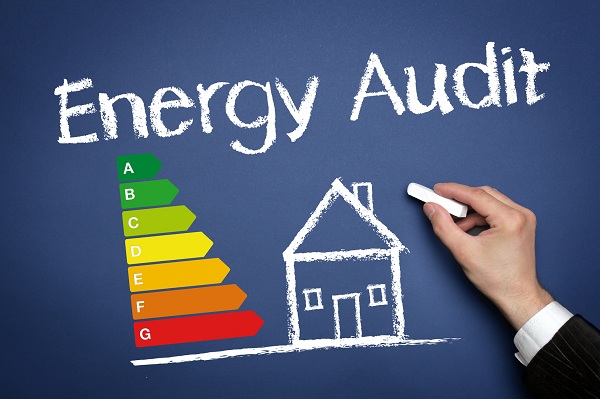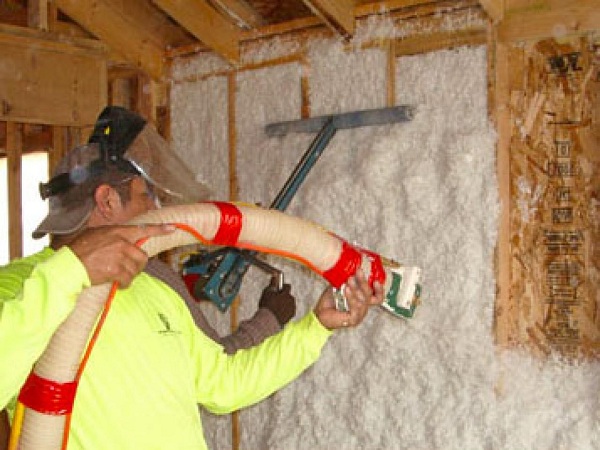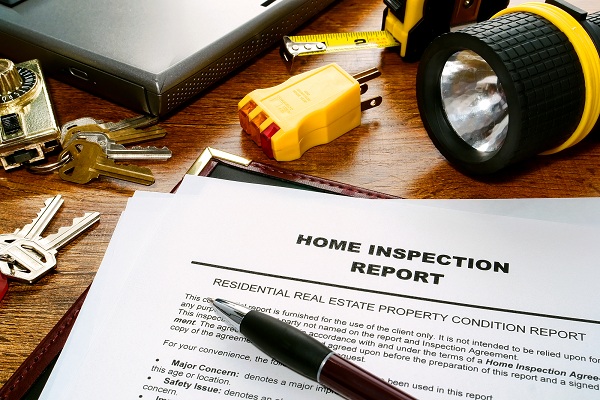Right now is the perfect time for a home energy audit. As the weather starts to become colder, more and more homes will be turning on the furnace or heating system to beat the bitter cold. The last thing you want, though, is to spend too much money on energy bills. Not only will this be expensive, but also it is a sign that you are wasting too much energy. A home energy audit will be able to find leaks and other energy discrepancies in your home. Once you find these leaks, you can proceed to seal them. Sealing leaks is important for energy savings, environmental awareness and to improve poor indoor air quality. All in all, your home will feel more comfortable and you will breathe much easier after a successful audit. Here are some home energy audit preparation basics.

Start racking up the numbers. It is important to start doing some math and crunching the numbers before you proceed with your audit. Ideally, you want to look at the last six months worth of energy bills – you want to look for any major changes or an unusual upward trajectory. If you see a spike or a slow incline, you have your first evidence that there is an energy leak inside your home.

- Find the purpose of your audit. It is also important to think about why you want to complete an energy audit. If you want to save money on your energy bill and there is definitive evidence of a leak or energy overages, you have a perfectly good reason to complete an energy audit. If you want to reduce your impact on the environment, this is another good reason.

Image Source : Google Image - Turn off your air conditioner or heating system. Before you begin your energy inspection, you want to turn off your air conditioning system and heating system. You don’t want there to be any source of air or energy escaping while you are doing the audit. Of course, you can turn these systems back on when you are inspecting your HVAC ductwork, but when you are in your attic or basement looking for leaks in the walls, you want these systems to be completely off.

Image Source : Google Image - Wear the right protectant gear. When you undertake a major energy audit, you want to be wearing all the right gear. There is a good chance that you will be in the crawl spaces of your home, in the attic and in the basement – there will be a lot of hazards in these areas. Not only will you be dealing with a tremendous amount of dust, but there may also be nails, mold and other harmful particles. You want to be wearing kneepads, a face mask, goggles and gloves.
- Have all the right tools. On top of having all the right protectant gear, you also want to have all the right tools. One of the most important tools will be a flashlight, but you may also want to bring a good knife, a hammer and a screwdriver. These basic items will help you look behind walls and in the nooks-and-crannies of your home – without these tools, your audit may not be as successful.

Image Source : Google Image
